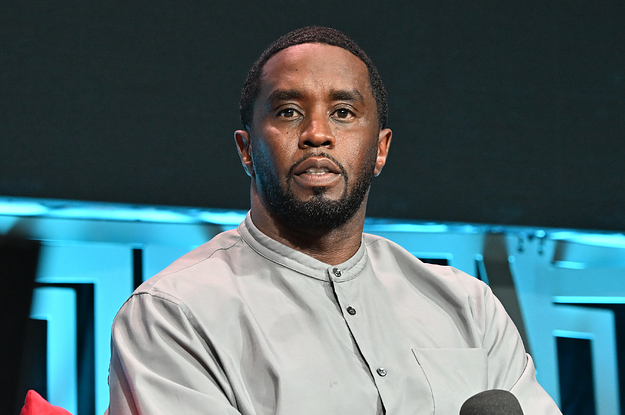Speaker Mike Johnson defied his right flank Friday morning, suggesting that he would maintain a bipartisan spending deal that they despise.
Delivering a written statement to reporters, Johnson nodded to conservative anger about the agreement that he negotiated with Senate Majority Leader Chuck Schumer. But he added that “our top line agreement remains.”
“We are getting our next steps together and we are working toward a robust appropriations process,” Johnson said. He declined to answer further questions.
Conservatives have criticized the speaker both publicly and privately over the deal this week, calling on him to negotiate a new agreement with steeper funding cuts. That fury from his right flank grew Friday morning, with another lawmaker raising the idea of booting Johnson from the speakership.
“That is a failing, losing strategy and I will never support it. I’ll fight it as much as possible. Even if I have to go so far to vacate the chair. And there’s others that agree with me,” Rep. Marjorie Taylor Greene (R-Ga.) told reporters after a meeting with Johnson earlier Friday, referring to the process that would remove a speaker. Rep. Chip Roy (R-Texas) has also floated the idea.
Just an hour before his announcement, Johnson met with a group comprised of mostly House GOP centrists, who emphasized that a government shutdown would be damaging to members fighting for reelection in battleground districts. Some also argued that reneging on his bipartisan budget deal with congressional leaders hurt his brand moving forward, according to a GOP lawmaker who was in the room, granted anonymity to speak frankly about internal discussions.
“We’ve got to govern. … And, by the way, I think 90 or 95 percent of us are fully in sync on this,” said Rep. Don Bacon (R-Neb.), who is in a district President Joe Biden won in 2020.
That Republican centrist said they warned Johnson that he would look “weak” if he succumbed to the demands of his right wing. Conservatives had met with the GOP leader earlier this week, asking him to abandon the bipartisan deal and work out new spending terms with conservatives. That plan would have raised the odds of a partial government shutdown — since the Democratic-controlled Senate would almost certainly reject it — which is set to kick in on Jan. 20.







